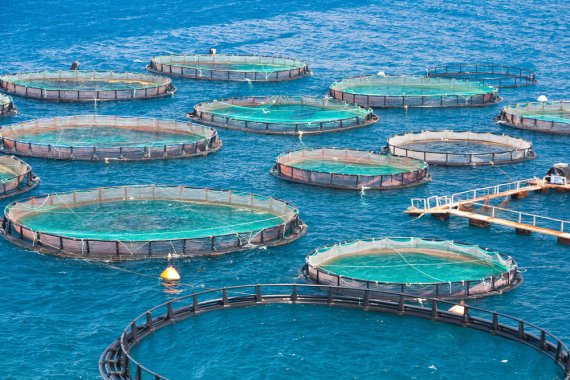Wild fish are genetically adapted to life in the wild, and not to life at a fish farm. As a result, it is not always efficient to farm wild fish. Breeding programmes can help to improve the situation. The parent fish with the best genes are selected to produce the next generation. This is still relatively rare in aquaculture.
‘Breeding is a question of making choices,’ says Janssen, who graduated with a PhD in the Animal Breeding and Genomics chair group on 4 June. ‘Because if you emphasize one characteristic, you nearly always do so at the expense of something else.’ Which trait is it best to select for, then? To decide that, Janssens says you first need to know how it will benefit the business. A lot of research has been done on this for farm animals such as cows or chickens, but the economic value of ‘fish traits’ is still fairly unexplored territory.
Janssen developed a bio-economic model, a computer model of a fish farm. He then looked at how profitable a company would be, independently of the traits selected for. Janssen: ‘With this model you can, for example, calculate the additional profit for a company if a fish grows one per cent faster, or produces one per cent more food.’ On this basis, a company can choose which traits it wants to emphasize.
Companies will have to adapt the choices they make in their breeding programme to their objectives
Kasper Janssen, promovendus Animal Breeding and Genomics
There is no one-size-fits-all solution, says Janssen. ‘There are specialized breeding companies that provide fish farmers with eggs and young fish. But there are also integrated companies that both breed and raise fish. So they benefit directly from their breeding programme. Companies will have to adapt the choices they make in their breeding programme to their objectives.’ He thinks much can be gained by ironing out inefficiencies. ‘The best programme doesn’t stand out on just one point, but performs reasonably well across the board.’
Kasper Janssen promoted June 4th at the chairgroup Animal Breeding and Genomics.

 Photo: Shutterstock
Photo: Shutterstock